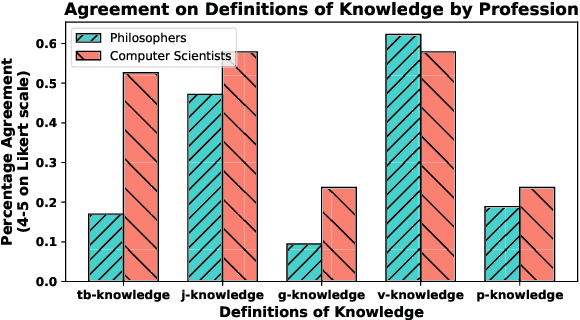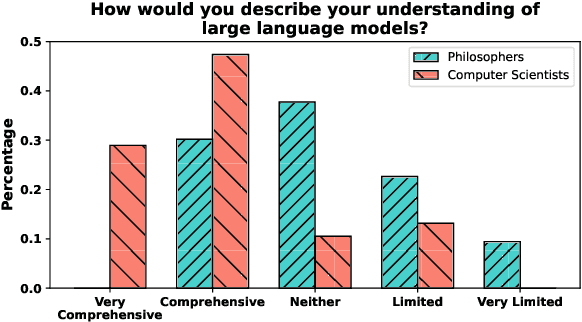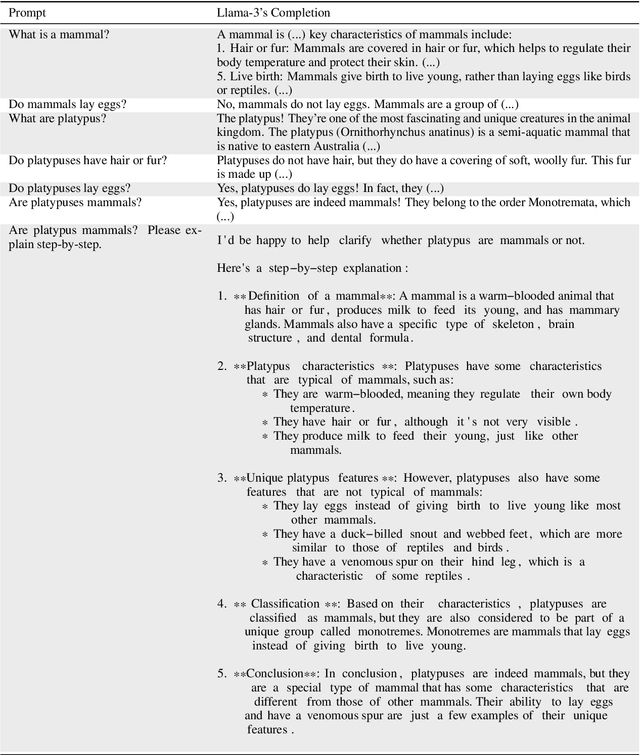Filippos Stamatiou
Mechanistic Interpretability Needs Philosophy
Jun 23, 2025
Abstract:Mechanistic interpretability (MI) aims to explain how neural networks work by uncovering their underlying causal mechanisms. As the field grows in influence, it is increasingly important to examine not just models themselves, but the assumptions, concepts and explanatory strategies implicit in MI research. We argue that mechanistic interpretability needs philosophy: not as an afterthought, but as an ongoing partner in clarifying its concepts, refining its methods, and assessing the epistemic and ethical stakes of interpreting AI systems. Taking three open problems from the MI literature as examples, this position paper illustrates the value philosophy can add to MI research, and outlines a path toward deeper interdisciplinary dialogue.
Ethical Concern Identification in NLP: A Corpus of ACL Anthology Ethics Statements
Nov 12, 2024



Abstract:What ethical concerns, if any, do LLM researchers have? We introduce EthiCon, a corpus of 1,580 ethical concern statements extracted from scientific papers published in the ACL Anthology. We extract ethical concern keywords from the statements and show promising results in automating the concern identification process. Through a survey, we compare the ethical concerns of the corpus to the concerns listed by the general public and professionals in the field. Finally, we compare our retrieved ethical concerns with existing taxonomies pointing to gaps and future research directions.
Defining Knowledge: Bridging Epistemology and Large Language Models
Oct 03, 2024



Abstract:Knowledge claims are abundant in the literature on large language models (LLMs); but can we say that GPT-4 truly "knows" the Earth is round? To address this question, we review standard definitions of knowledge in epistemology and we formalize interpretations applicable to LLMs. In doing so, we identify inconsistencies and gaps in how current NLP research conceptualizes knowledge with respect to epistemological frameworks. Additionally, we conduct a survey of 100 professional philosophers and computer scientists to compare their preferences in knowledge definitions and their views on whether LLMs can really be said to know. Finally, we suggest evaluation protocols for testing knowledge in accordance to the most relevant definitions.
 Add to Chrome
Add to Chrome Add to Firefox
Add to Firefox Add to Edge
Add to Edge